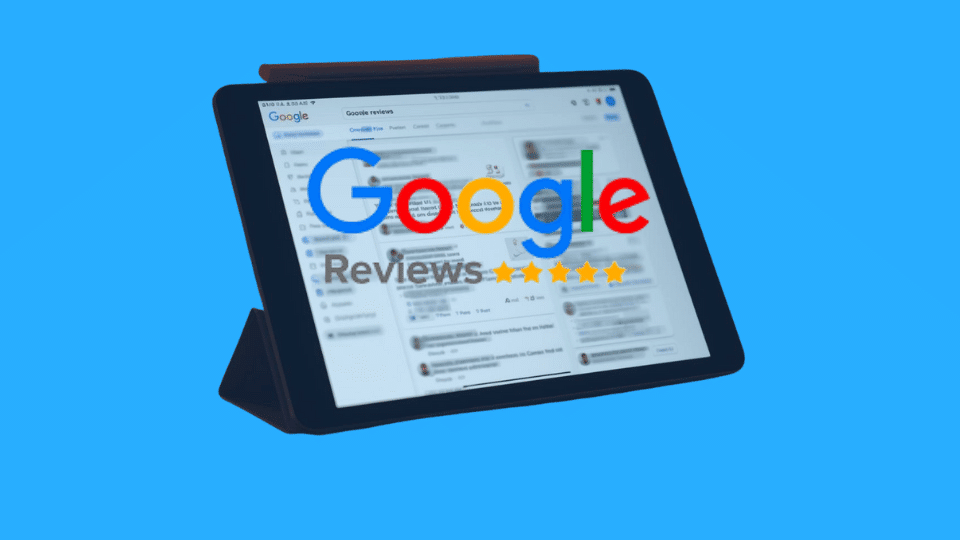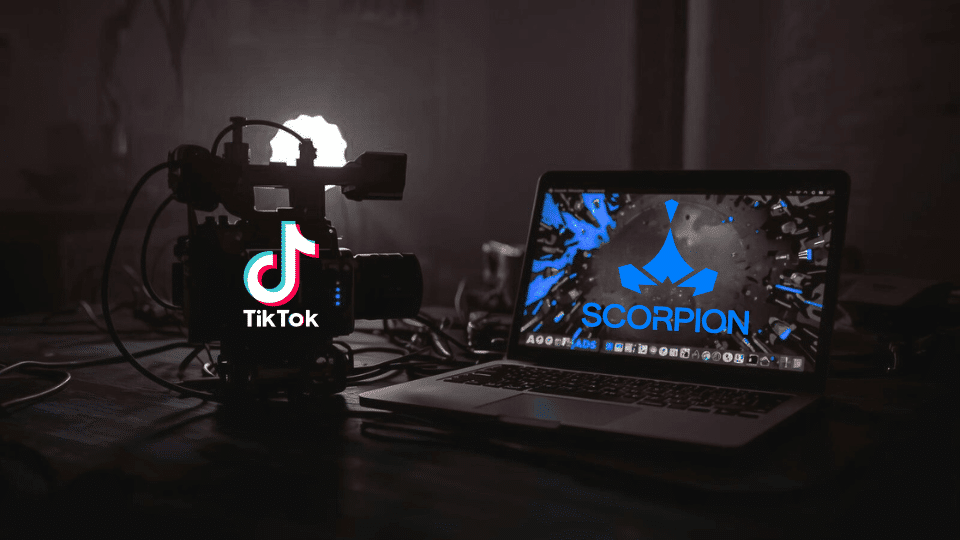The last few years have brought us whispers of TikTok’s competitive threat to Google. That includes revelations that some consumers – particularly Gen Z – use TikTok as a search engine and a gateway to their online informational needs. In other words, Google’s role in the universe for the past 25 years.
How does this look exactly? TikTok’s UX provides a search bar to find specific content on the app. This obviously doesn’t offer an all-the-world’s-information-sized search index, but it performs decently in a few different use cases. For example, local restaurant recommendations are a popular TikTok search.
In the aggregate, Bernstein reports that 45 percent of gen-Zers have a higher likelihood of turning to social media search functions as opposed to Google. The figure declines with older generations but is still important – 35 percent for millennials, 20 percent for Gen X, and less than 10 percent for Boomers
This potential threat has been on Google’s radar for a while, though it doesn’t want you to know about it. The most notable of these private admissions came about two years ago, when leaked comments from internal meetings surfaced, revealing some handwringing at Google about TikTok’s looming threat.
Logical Expansion
Now the latest blow in TikTok’s search conquest has landed. It’s leaning in further to its search engine use case by adding the next logical component: a paid search program. Known as TikTok Search Ads Campaign, it will offer paid placement for contextually-targeted promotions on its search results page.
For context, TikTok already places various flavors of ads on search results pages. But the new program is built more for Google-style search marketing campaigns, including keyword bidding and greater control for advertisers about how and where they show up. In other words, this is a direct shot at AdWords.
It’s also a strategically logical expansion of TiKTok’s ad business. Its primary format now is in-feed ads, which tap into the content discovery vibes that propel its UX. That primes it for upper-funnel brand awareness. So by adding high-intent search ads, it taps into a larger swath of brand marketing budgets.
Importantly, its own usage data supports this direction. TikTok reports that 57 percent of its users engage with search functionality, and 23 percent do so within 30 seconds of opening the app. So the search usage is there. Now it’s just a matter of integrating the right paid search program to monetize it.
Existential Threat?
Backing up, the key question is, will it work? It may to some degree, and within certain categories (like restaurants, as noted). And in that sense, it could cause some attrition to Google. But is it an existential threat to Google’s search business, in the way that AI potentially is? The answer there is likely no.
Despite exaggerated doomsday scenarios for Google, which the generalist tech press loves to drum up – the question that needs to be asked is if TikTok’s paid search program will be any good? This comes down to key variables such as the size of the search index, and the quality of the ranking algorithms.
These and other particulars are things that Google has spent the last 25 years refining. And there are countless books, blogs, YouTube channels, and other media that have surfaced to contextualize and consult around the beheamoth that is Google search marketing – both paid search and SEO.
Can TikTok come along and build a paid search program in a matter of months that falls anywhere near the operational prowess and technical nuance of Google’s core business? Unlikely. That’s of course a less sexy angle than proclaiming a “Google Killer,” but it’s probably the more sober and realistic take.



